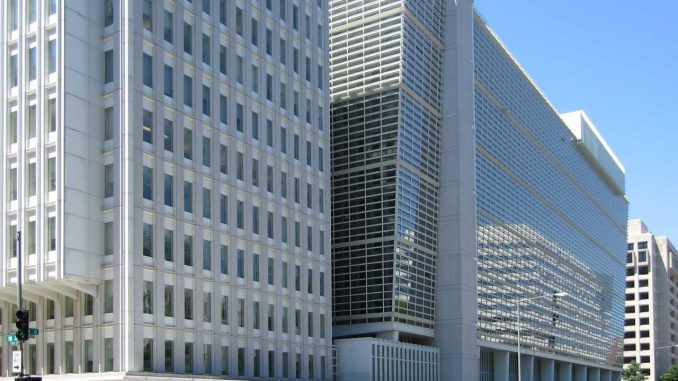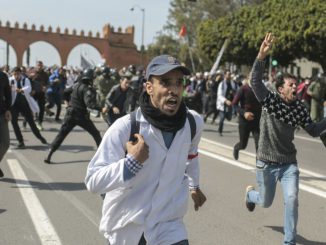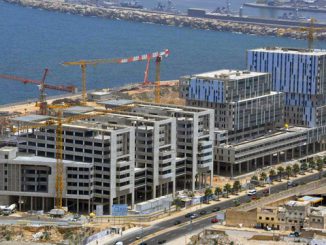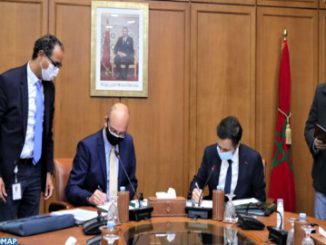
The health crisis has deprived about 712,000 formal sector employees and 4 million workers in the informal sector of their jobs. Last weekend, the World Bank’s board of directors approved a loan to support the social protection project in Morocco.
The World Bank (WB) is involved in the national project to extend social security coverage, which is due to start next month on royal instructions. Last Friday, the Bretton Woods institution gave its approval to the release of a substantial loan to Morocco to support the national social protection system. Value of the envelope granted? 400 million dollars. This amount should make it possible to cover both emergency cash transfers from the Special Fund for the management of the pandemic in Morocco and allocations linked to existing social protection programmes. The project, which comes against the backdrop of the Covid-19 crisis, should help poor and vulnerable households during the pandemic and strengthen their resilience to future shocks, says the World Bank in a statement.
“Morocco, which has reacted quickly and decisively to help the most vulnerable in the face of the Covid-19 pandemic, is now accelerating its reforms to strengthen its social protection system, an initiative that the World Bank is proud to support”, comments in this regard the WB’s Director of Operations for the Maghreb, Jesko Hentschel.
The institution explains the relevance of its present financial support by recalling that the health crisis has disproportionately affected the poorest sections of Moroccan society and the livelihoods of thousands of households. It is estimated that around 712,000 formal sector employees and 4 million workers in the informal sector have been made redundant. Thus, the programme will finance social assistance to these vulnerable groups while strengthening the capacities of the poorest to overcome the crisis, the WB says. Beyond the impact on income, the crisis has undermined the ability of many school-age children in vulnerable families to continue their education. To avoid a setback in human development gains, the project will support Tayssir’s conditional cash transfer programme in the education sector, it is said.




Be the first to comment